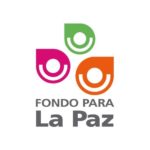While it may be one of the most difficult things to do, it’s OK to ask for help when you need it. If you’re currently using a substance regularly and are concerned it’s turning into a habit you’re unable to stop on your own, talk to a healthcare provider. A provider can also give you guidance on how to have a conversation with your children about SUD and get them help if you think they’re at risk. You can’t prevent all cases of substance use disorder because there are a lot of factors (many of which are outside of your control) that could play a role in how the condition develops. You might need different types of treatment at different times during your recovery.
Download, read, and order free NIMH brochures and fact sheets about mental disorders and related topics. It’s important to remember that the person with the addiction needs to be the one who seeks treatment. Substance use disorder (SUD) and addiction affect all people, independent of their age, gender, or economic or social status — no population is above it. Once you’re on the road to recovery, it’s important to engage in self-care, which may include attending a recovery support group and finding activities you enjoy. The fundamental principle of the program is the belief that combining treatment for co-occurring PTSD and SUDs is more effective and yields better results than treating each disorder separately.
Support groups can also aid your recovery, including in-person or online options. Understanding the severity of a substance use disorder can help doctors and therapists better determine which treatments to recommend. Choosing the appropriate level of care may improve a person’s chances of recovery. If you are concerned about your own substance use or the substance use of a loved one, it’s good practice to see a healthcare provider for a substance use disorder evaluation and screening. Your primary care provider can conduct drug tests via samples of your blood and urine to detect substances.
What are the signs and symptoms of substance use disorder and addiction?
Of note, acute withdrawal from heavy alcohol use should be done under medical supervision to prevent a potentially deadly withdrawal syndrome known as delirium tremens. Drug addiction, also called substance use disorder, is a disease that affects a person’s brain and behavior and leads to an inability to control the use of a legal or illegal drug or medicine. Substances such as alcohol, marijuana and 2C-B Alcohol and Drug Foundation nicotine also are considered drugs. When you’re addicted, you may continue using the drug despite the harm it causes. The cost of rehab for substance use disorders can vary by the treatment center, the level of care needed, and whether your insurance may be able to cover the cost of rehab. Find out if your insurance provider can help you with affording rehab by filling out our online form below.
The risk of substance use increases during times of stress and change. For an adult, a divorce, loss of a job or death of a loved one may increase the risk of substance use. For a teenager, moving, family divorce or changing schools can increase their risk. It’s important to turn to healthy coping mechanisms during these times of change, like exercising, meditating or learning a new hobby. Consider seeing a mental health professional if you’re having difficulty managing stress. To diagnose a substance use disorder, a healthcare practitioner will evaluate the individual by completing a physical exam and taking a medical history.
Substance Use Disorder and Addiction
Learn about NIMH priority areas for research and funding that have the potential to improve mental health care over the short, medium, and long term. NIMH offers expert-reviewed information on mental disorders and a range of topics. Though SUD and addiction are challenging, recovery is possible with the right treatment plan and a support network by your side. Still, even though they’re not recognized diagnoses in the DSM-5, these other behaviors — like sex, social media, and shopping — many cause problems when done in excess or compulsively. No matter your concern, it’s valid and you can seek professional help to address it. Most people with moderate to severe addiction need additional help, however, as it’s not easily overcome on your own.
Clinical trials
- One helpful measure is turning toward healthy activities you love.
- Many different types of medications are commonly prescribed to help treat substance use.
- What’s important is to start prevention of substance use at an early age.
- While AA and NA may be best known, an internet search for “recovery support groups near me” may give you additional choices.
- The rewarding feeling people experience due to taking drugs may be so profound that they neglect other normal activities in favor of taking the drug.
Therapists often classify people with chemical dependencies as either interested or not interested in changing. Substance use disorder (SUD), formerly known as drug addiction, is a mental health condition where you experience a problematic pattern of substance use that affects your health and quality of life. Different types of substance use disorders can have a wide range of symptoms.
Synthetic cannabinoids, also called K2 or Spice, are sprayed on dried herbs and then smoked, but can be prepared as an herbal tea. Despite manufacturer claims, these are chemical compounds rather than “natural” or harmless products. These drugs can produce a “high” similar to marijuana and have become a popular but dangerous alternative. Signs and symptoms of drug use or intoxication may vary, depending on the type of drug. Research has demonstrated that MOUD is effective in helping people recover from their OUD.567 It is important to find what works best each individual.
Before going through treatment for cessation, the drug may have been a top priority in your life. Much of your time may have been spent thinking about the drug, seeking it out, using, and recovering. Still, some research indicates that it may improve symptoms of PTSD to a greater degree than those of SUD. Plus, it may be most effective when combined with other treatment options. Seeking Safety is a therapeutic approach designed for people with both an SUD and post-traumatic stress disorder (PTSD).
Self-help support groups can decrease the sense of shame and isolation that can lead to relapse. Many, though not all, self-help support groups use the 12-step model first developed by Alcoholics Anonymous. Self-help support groups, such as Narcotics Anonymous, help people who are addicted to drugs. While naloxone has been on the market for years, a nasal spray (Narcan, Kloxxado) and an injectable form are now available, though they can be very expensive. Whatever the method of delivery, seek immediate medical care after using naloxone. Physical addiction appears to occur when repeated use of a drug changes the way your brain feels pleasure.

